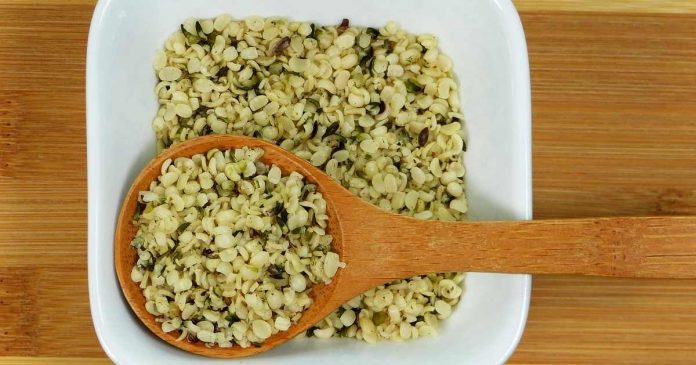Early this month, Australia’s Office of Drug Control updated guidelines for importing hemp products – what requires special permission and what doesn’t.
Changes to Australia’s Food Standard in late 2017 saw certain hemp seed products being permitted for human consumption – and this triggered a spike in interest in hemp foods. Like anything, not all hemp products are created equal and caution needs to be taken when importing such products in order not to fall afoul of related laws.
The ODC advises that with regard to hulled hemp seeds (i.e. shells removed), seed meal and hemp fibre; import permission is not required under Customs (Prohibited Imports) Regulations 1956 (PI regulations). Hemp seed oil also does not require permission assuming the total cannabidiol (CBD) content is 0.0075% (75mg/kg) or less, and total tetrahydrocannabinol (THC) content is 0.005% (50mg/kg) or less.
It’s important to note that hemp seed oil and cannabis oil are very different products. Hemp seed oil is a food product (also used in cosmetics and other applications) derived from hemp seeds, while cannabis/CBD oil is a medicinal (or drug in the eyes of the ODC) product extracted from cannabis flowers.
For products containing hulled hemp seeds and/or hemp seed oil; permission is also not necessary if these products don’t contain another drug or any part (or extracts) of the cannabis/hemp plant (excluding extracts made from the hemp seeds). The limits on CBD and THC content mentioned above also apply.
“It is important to be aware that only the seeds of the hemp plant can be used for human consumption – extracts from the remainder of the plant are considered a drug,” says the ODC.
The above is just a summary – the full notice along with definitions should be read and can be viewed here.
With so many hemp related products now available in Australia, for consumers the safest bet would be to buy those from locally grown crops and local businesses where possible rather than directly importing from overseas. For example, in the image above, there appears to be a few whole seeds in among the hulled ones, which would be problematic here.
Buying local products or those imported by local businesses that observe regulations will also help support Australia’s hemp industry – it fought hard over many years to get to this point and deserves to reap the rewards of its labour.


